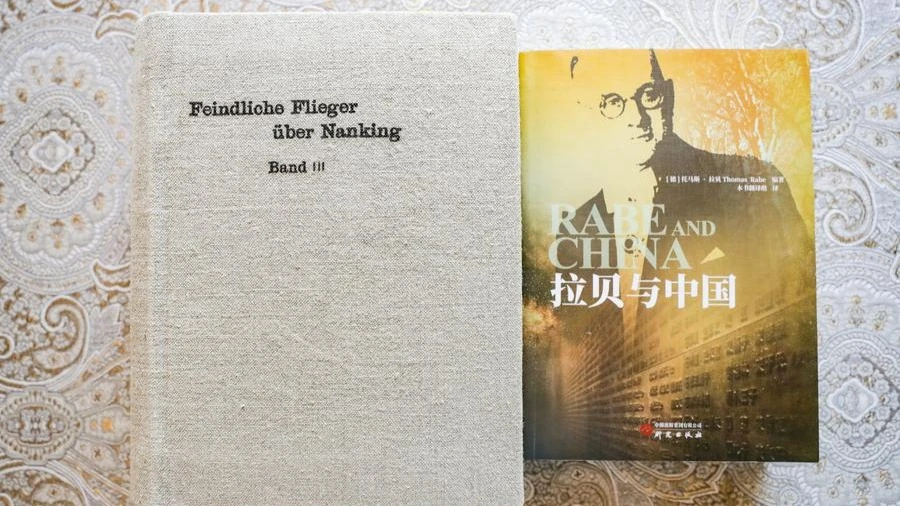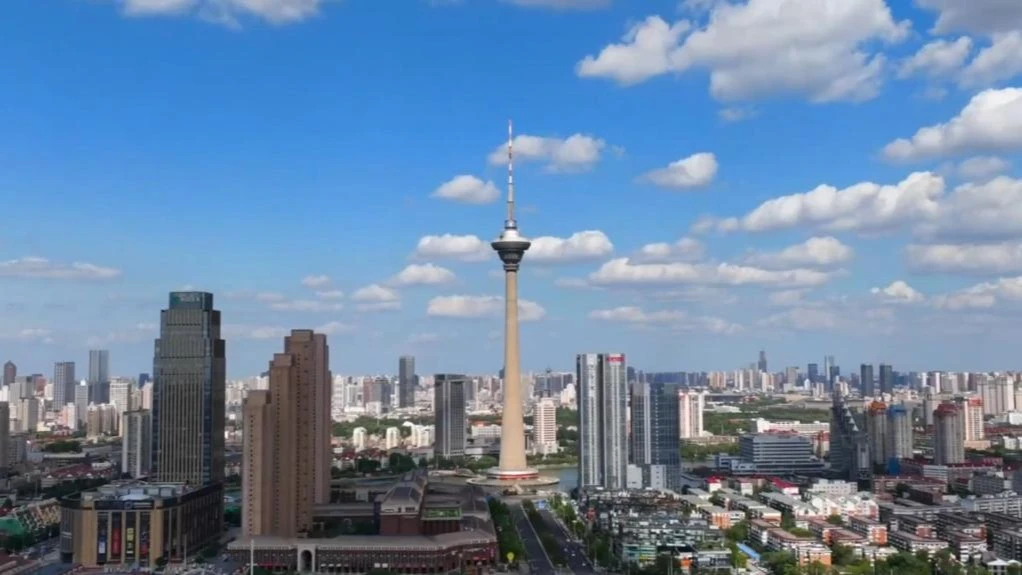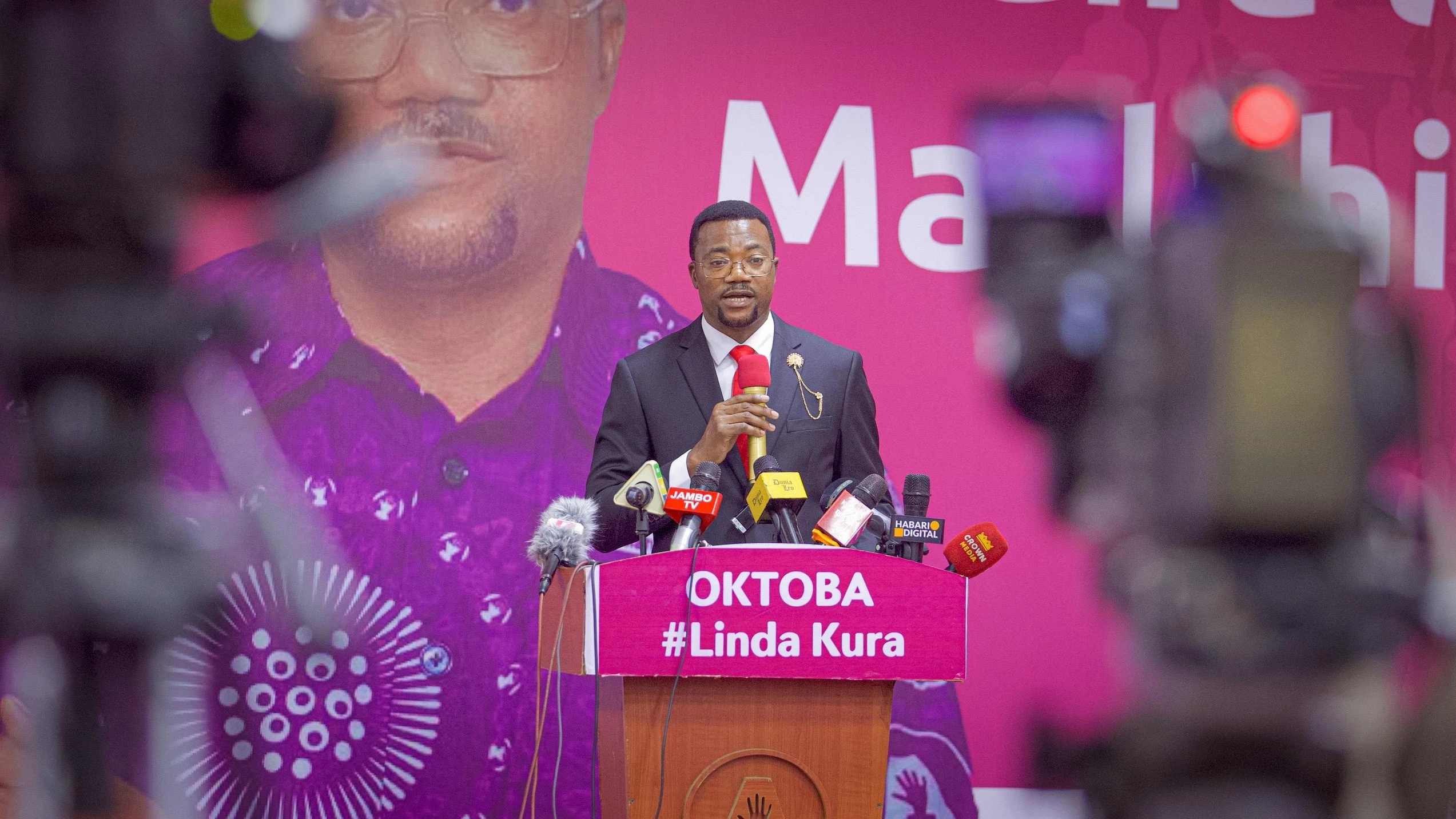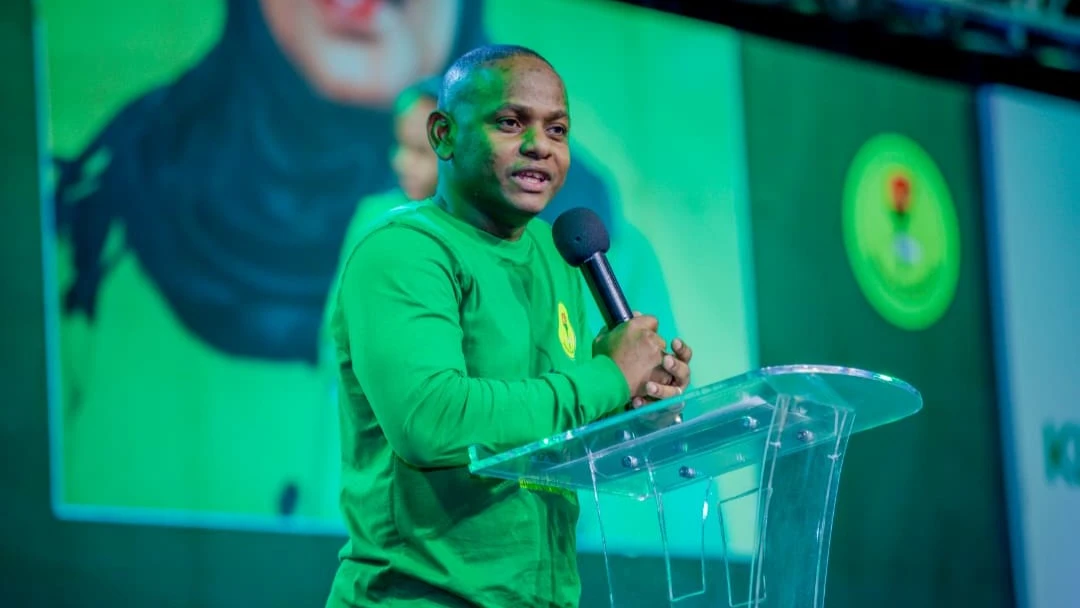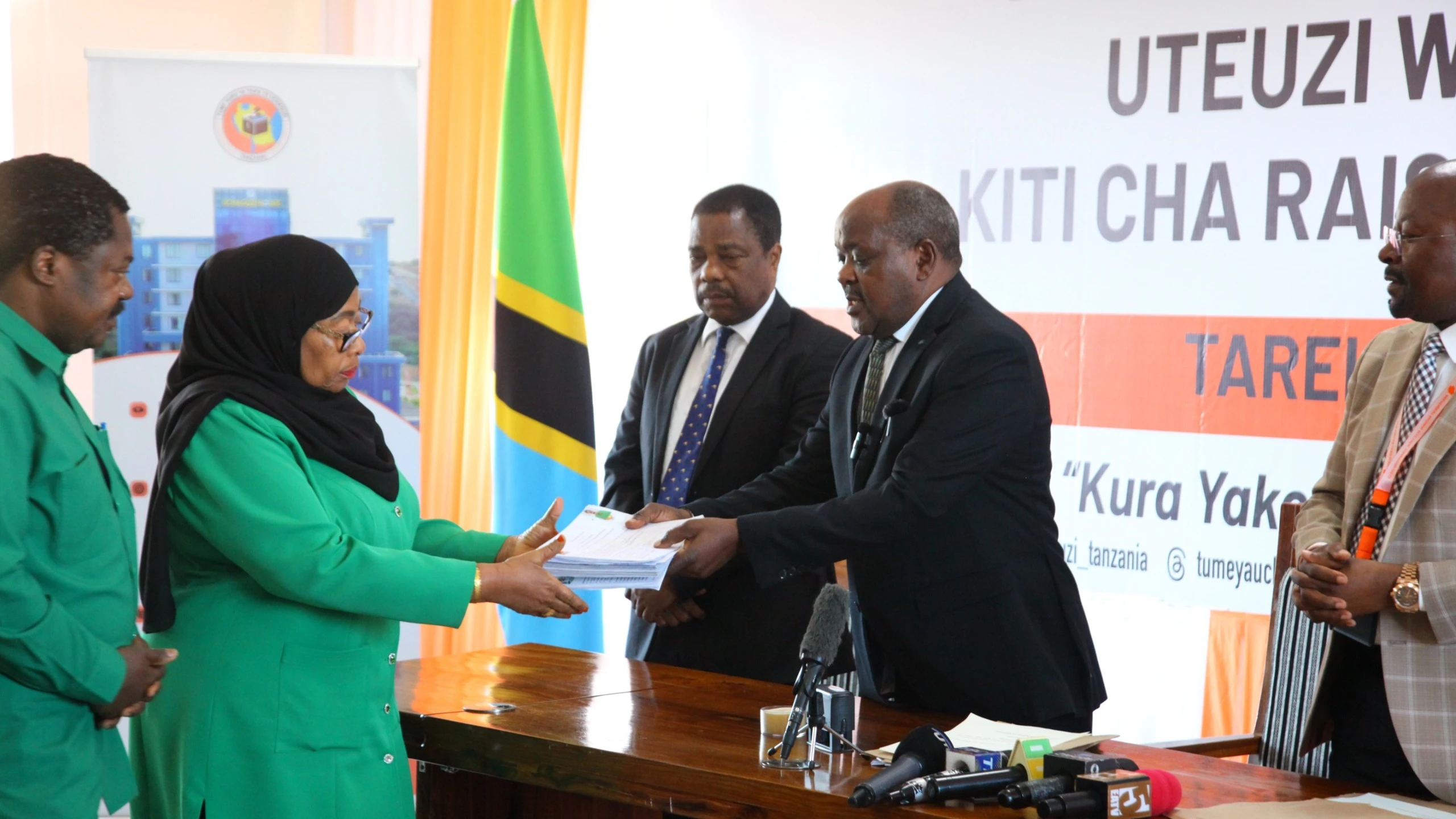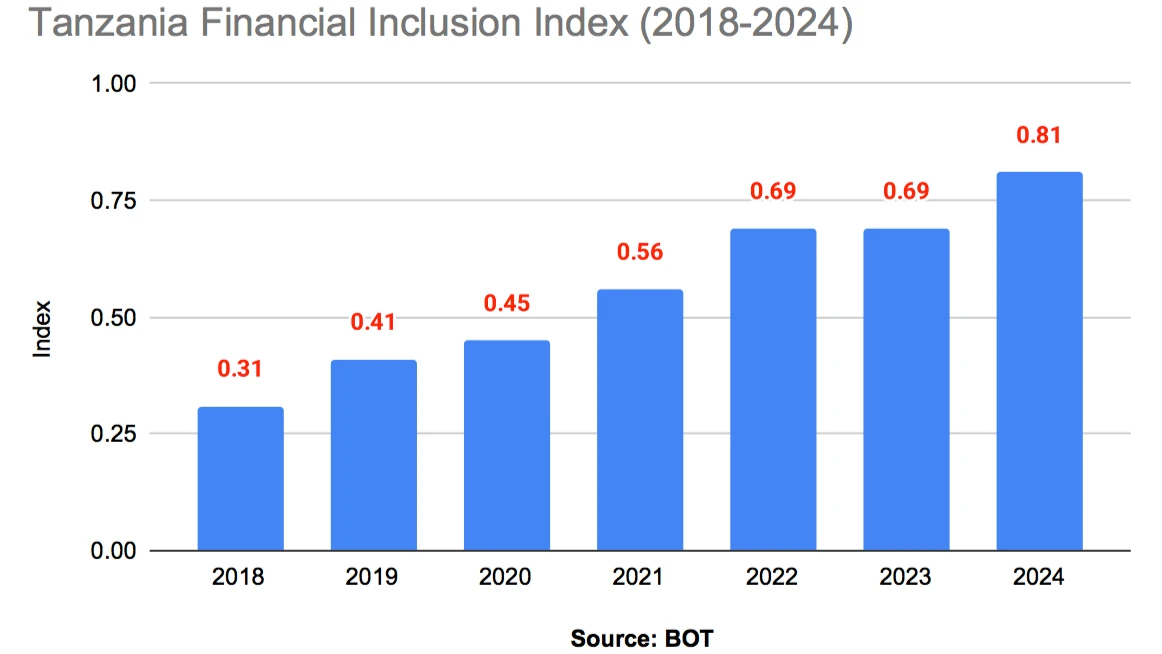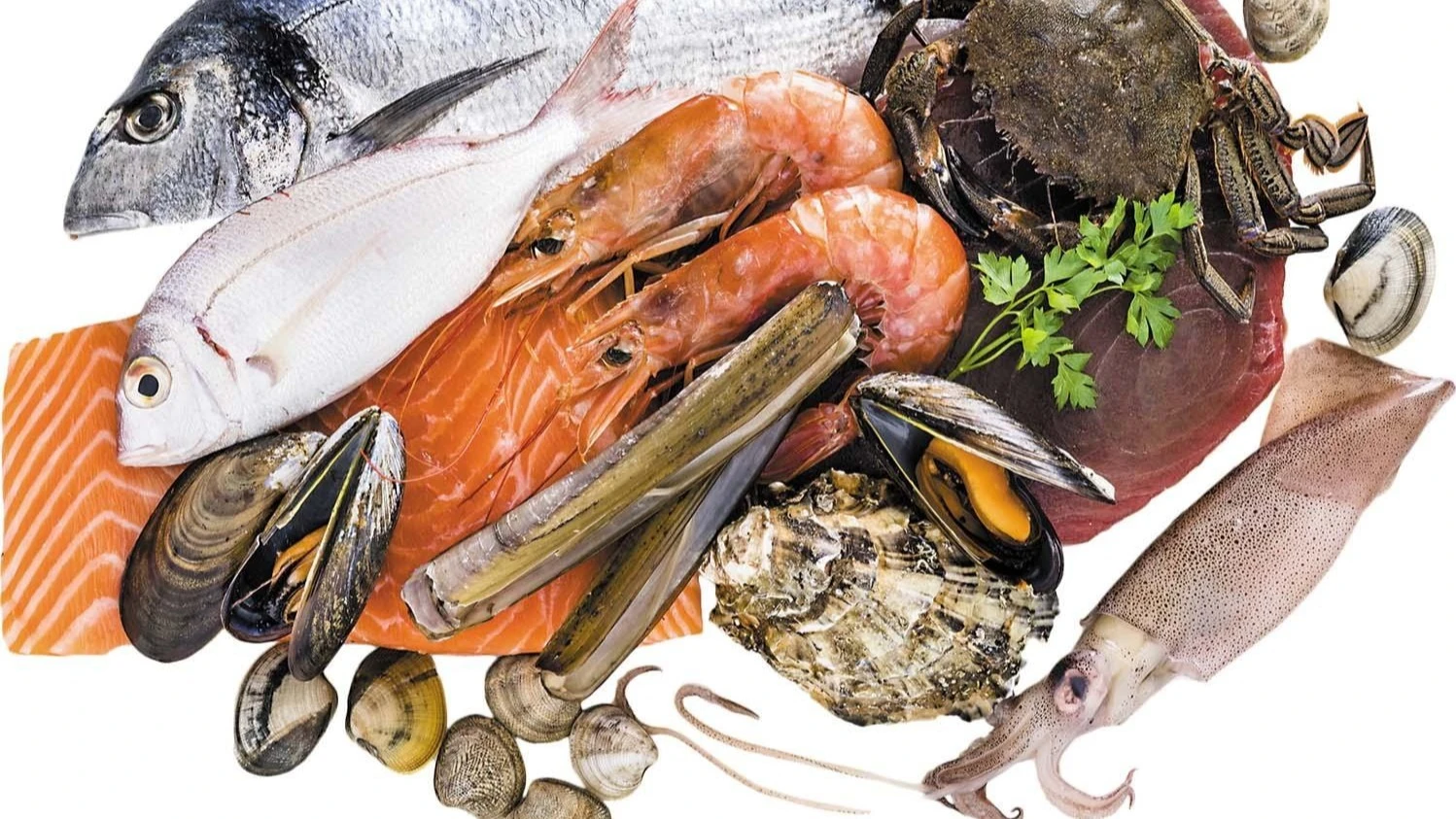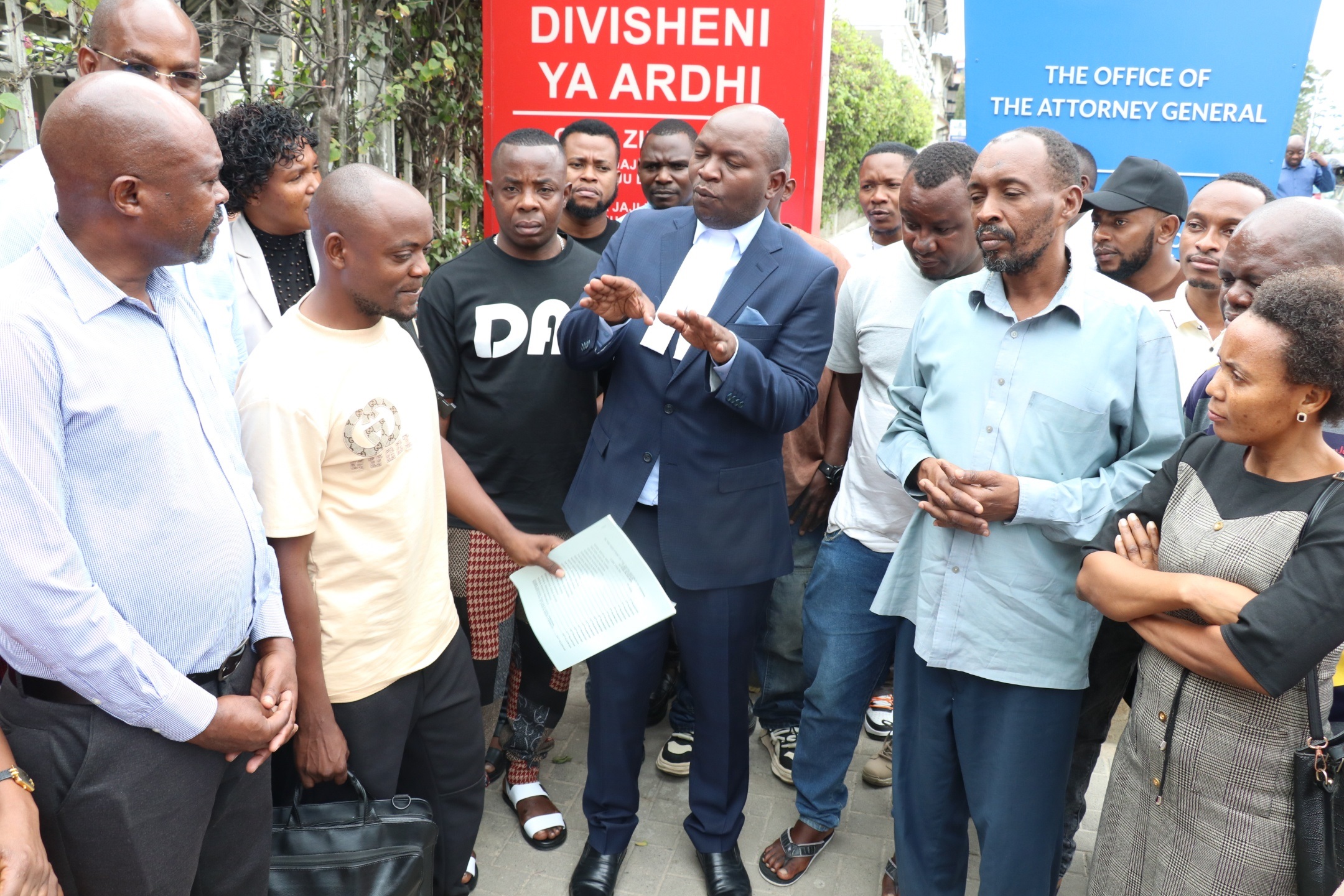Envisaging Africa which respects democratic values, human rights
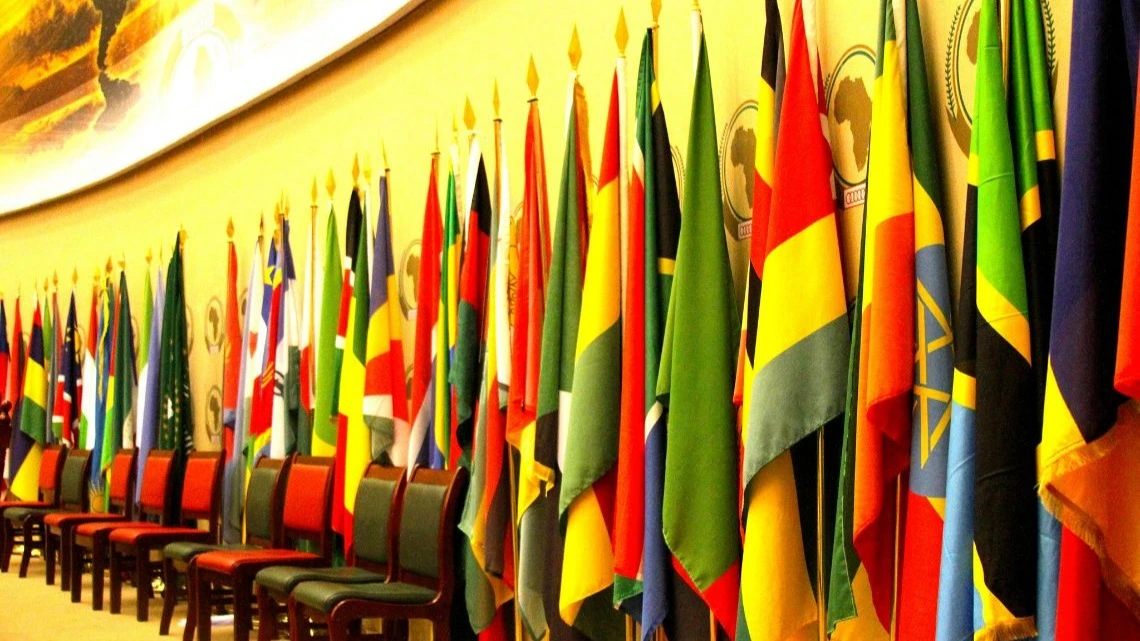
THERE is a desire among human beings to live in a better world in which there is interdependence, coexistence and each person—poor, or rich, educated or uneducated, powerful or weak, healthy or sick—counts.
It is the desire for the world in which when people look at each other they see the image of their own kin. It is the world in which differences no longer matter, and people cherish unity in diversity.
‘Agenda 2063: The Africa We Want’ envisages “a continent that has undergone a deepening of the culture of good governance, democratic values, gender equality, respect for human rights, justice and the rule of law.” This is what aspiration 3.2.3 stipulates.
Yet, there are still challenges to governance and democracy in many parts of Africa and of the world, which do not bode well for the aspirations of ‘Agenda 2063: The Africa We Want’, notably: “The quality of democracy remains a challenge: internalisation of democratic norms and the inconsistency in their application.
NormsDetention without trial, arbitrary arrests, torture, forced disappearances and extra-judicial killings are still unfortunately widespread,” reads part of Agenda 2063 document. These challenges are not a necessity, but are preferred to preserve the status quo – the interests of the ruling and affluent class.
The dispensation of justice in many parts of Africa, and also of the world in general, is largely wanting due to moral decadence. Laws are bent to suit the interests of the powerful, and equality before the law and access to justice are sheer illusions.
Although some countries have made notable progress in their quality of democracy and social justice, others, even those which used to be good performers in their levels of creating institutions and structures that sustain just and peaceful societies are sadly turning into repressive and autocratic regimes.
A report titled “Democracy Report 2025: 25 Years of Autocratisation – Democracy Trumped?” suggests that: “The outlook on the world at the end of 2024 is worse than in the last 25 years…the trend of the ‘third wave of autocratisation’ is deepening and spreading. That includes weakening of democracy in some established liberal democracies, breakdown of democracy in countries that were democratic for most of the 21st century, as well as deepening of autocracy in already autocratic states.”
It says by the end of 2024, higher levels of democracy are more common in Western Europe and North America, as well as in some parts of East Asia and the Pacific, Eastern Europe, and South America. Yet, the Middle East and North Africa, South and Central Asia, and sub-Saharan Africa are dominated by more autocratic countries.
But another report titled “Civic Space Report 2025”, published by the European Civic Forum (ECF), also picks holes in Europe’s long-time open civic space.
It says: “Europe is experiencing a dangerous rollback of civic freedoms, in a context where the promise of universal rights and democratic values, enshrined in the EU treaties, is being steadily eroded by interconnected economic, social, cultural, and political factors.” It also touches North America, picking holes in the Trump administration, leading to diplomatic conflicts with fellow EU and NATO members.
The picture we get is that we are creating a worse world which favours the rich, the educated, the powerful and the healthy. The poor, the uneducated, the weak and the sick have to care for themselves. We are creating a world in which the depletion of resources is preferred to fair distribution of those resources. This phenomenon is worrying.
No wonder there is an influx of immigrants and refugees in some countries – meaning that some people flee their countries and seek refuge in other countries where they think they will experience justice and peace. The fact that there is geopolitical fragmentation, internal or external conflict adds insult to injury.
There is a tendency in the context of Africa to heap blame for African problems solely on external forces and factors (colonialism, neo-colonialism, unfair international relations, power imbalance, and so on). However, Agenda 2063 document acknowledges that “African countries also bore some responsibility for the situation due to poor economic policies and deficits in governance systems.” Maybe this is the area we need to explore more so that we are not disillusioned and find scapegoats for even the problems which we are responsible for ourselves.
UN Secretary-General’s report on conflict-related sexual violence speaks louder. It says in 2024, proliferating and escalating conflicts were marked by widespread conflict-related sexual violence, amidst record levels of displacement and increased militarisation. It stresses member states’ commitment to take concrete steps to eliminate and prevent human rights violations and abuses experienced by women and girls in armed conflict, including conflict-related sexual violence. These cannot be attributes of a better world, but one which is frequently plagued by socioeconomic and political turbulence.
However, Agenda 2063 document “re-affirms Africa as a cradle of human civilisation and African cultural identity, values and ethics as critical factors for Africa’s re-emergence on the global stage. It envisages that by 2063, the fruits of the values and ideals of Pan Africanism will be manifest everywhere.
Culture will flourish, there would be a strong work ethic based on merit and traditional African values of family, community and social cohesion would be firmly entrenched.” Let’s hope so, but as the old adage goes: “The proof of the pudding is in the eating.”
Top Headlines
© 2025 IPPMEDIA.COM. ALL RIGHTS RESERVED











